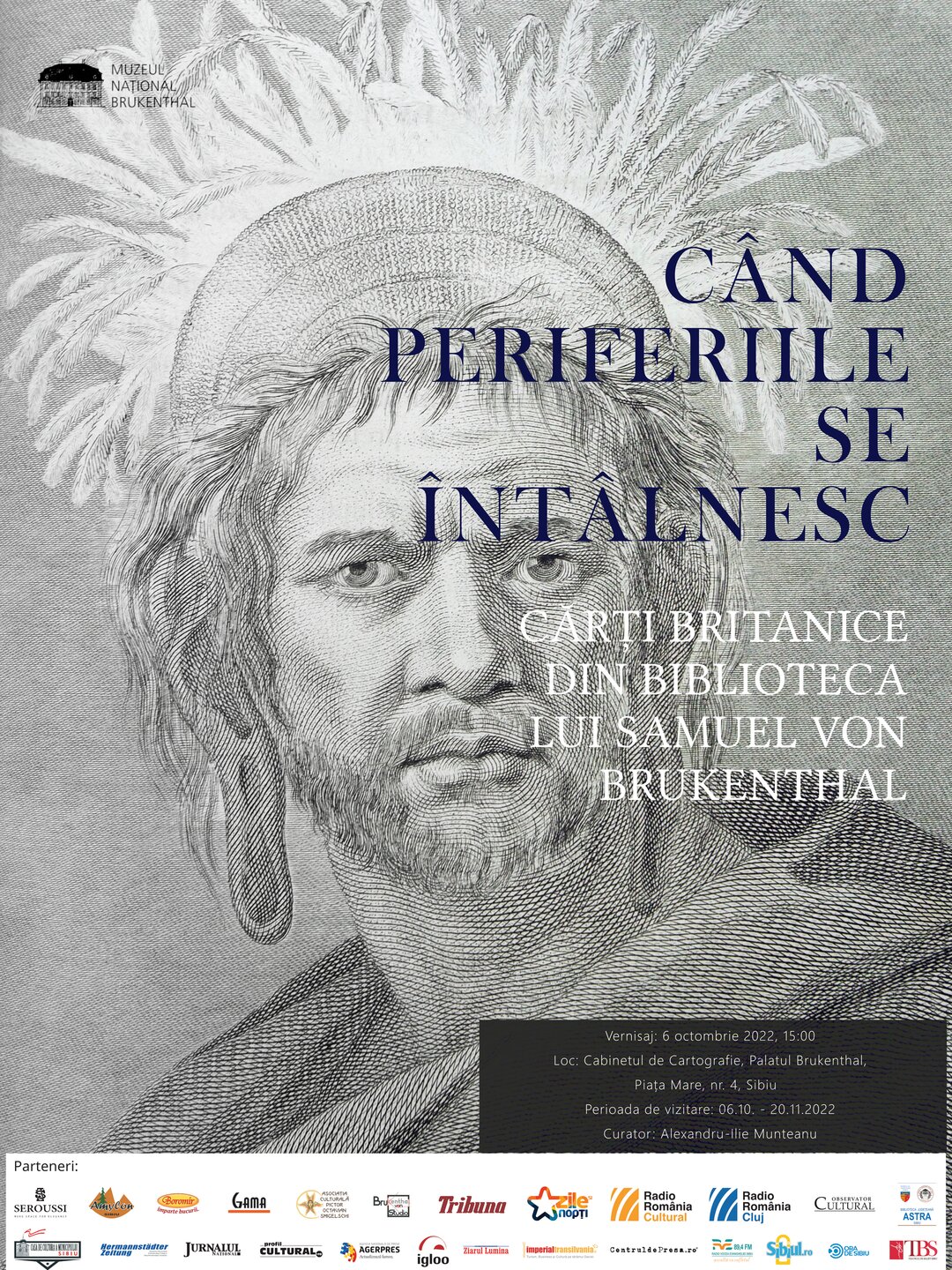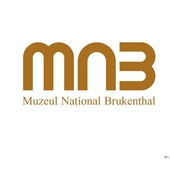
When Peripheries Meet: British Books from the Library of Samuel von Brukenthal
Exhibition
Location:
Organizer:
Dates and Hours:
About
Title of the exhibition: When Peripheries Meet: British Books from the Library of Samuel von Brukenthal
Curator: Alexandru-Ilie Munteanu
Location: Brukenthal Palace-Cartography Cabinet, 4, Large Square Sibiu
Opening: October 6, 3:00 p.m.
Visiting period: October 6 – November 20, 2022
If Great Britain has rarely been labelled as a periphery (on the contrary), Transylvania has been so called from several points of view: region at the edge/periphery of Orthodoxy, but also of Catholicism, periphery of the Habsburg Empire and so on. But both regions are situated on opposite sides of a world that shared one of the most important things in the Modern Age: religion. Thus, both Transylvania and Britain, geographically and culturally (religiously), can be called the peripheries of Catholic and Protestant Europe.
For all the conflicts that swept Europe in the Modern Age, the book market functioned as a link between Europeans, including from the British Isles to the Carpathian Mountains. Through the book market, science, art, religion, political systems, fashions, inventions and ideas spread across the continent and beyond, changing the world and laying the foundations for the world we live in or want to live in today.
Samuel von Brukenthal's library is proof that the book market functioned as a link between Europeans, even between those thousands of miles apart. Over the course of half a century, Samuel von Brukenthal collected more than 600 editions printed in Britain, in different languages and in all fields of knowledge; from William Shakespeare's plays in fine leather-bound copies, the London Polyglot Bible, mentioned as an attraction of Sibiu even in the guidebook printed by Hochmeister in 1790, religious books on so-called ,,private devotion˝, practical books on ,,domestic and household arts˝ and even revolutionary scientific works such as Isaac Newton's Optics and Captain James Cook's Pacific Ocean travel journals, Samuel von Brukenthal's library housed possibly the largest collection of British books of any private Transylvanian library in the Modern Era.
